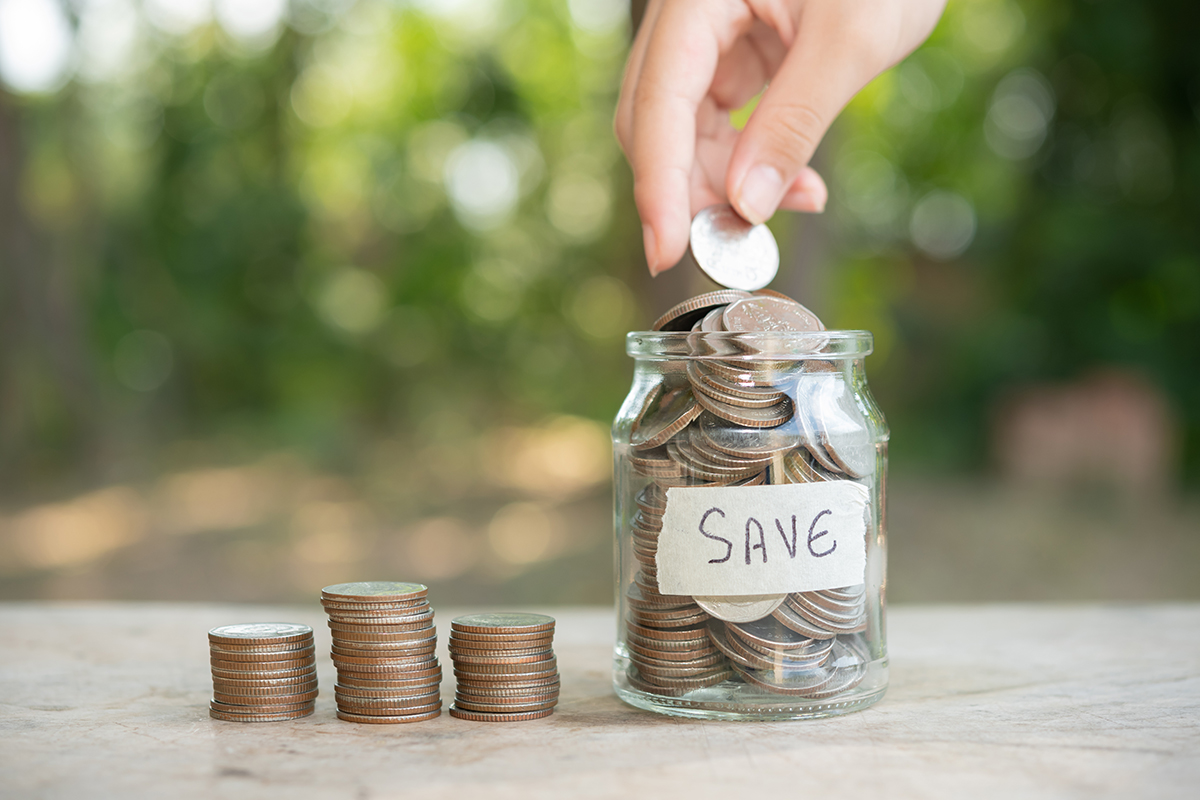5 Kinds of purchases for a happier life

For centuries, the quest for a happier life has puzzled humanity, explored in the works of philosophers and poets. While wealth and possessions are instinctively linked to fulfillment, research disputes this idea. Beyond meeting basic needs, increased income and luxury items minimally impact overall satisfaction.
Studies suggest that intentional spending in specific areas enhances contentment. Rather than succumbing to consumerism, purposeful expenditure is a more effective well-being strategy. This article explores the scientific basis for happiness-boosting purchases in five categories: prioritizing experiences, investing in health products, using time-saving services, pursuing hobbies, and allocating resources to education. Mindful buying in these areas ensures acquisitions contribute to a fulfilling life.

Deciphering a happier life: Understanding the nature of purchases
Social scientists classify acquisitions into material and experiential types. Material goods, tangible items enhancing life through ownership, contrast with experiential purchases providing enduring joy and memories.
Despite the 20th-century push for material consumerism, scientific evidence favors experiences for a lasting happier life. Hedonic adaptation explains the fleeting joy from material possessions. In contrast, experiential joy extends beyond the event, including anticipatory pleasure and relived memories.
Mindful buying, prioritizing experiences, hobbies, education, and health, can significantly boost overall well-being.

Category 1: Prioritizing experiences over possessions
Extensive research consistently affirms that money invested in experiences reliably leads to more lasting increases in happiness compared to material goods. One contributing factor is the previously mentioned hedonic adaptation, where the joy derived from owning a flashy new car diminishes rapidly once it becomes a routine part of life.
Conversely, the delight from a once-in-a-lifetime balloon ride over Napa Valley endures. Moreover, experiences contribute to the cultivation of social connections, self-development, and memories that strengthen one’s identity and bring meaning to life.
Scientific findings emphasize that traveling to unique destinations and participating in exciting events yield the most significant dividends for enhancing mood and overall life satisfaction.

Category 2: Well-being through health
In-depth research establishes a strong link between positive behaviors such as regular exercise, adequate sleep, a balanced diet, and effective stress management, and elevated measures of a happier life.
Improving health positively impacts well-being through various scientifically validated mechanisms. Physical activity triggers the release of endorphins and brain-derived neurotrophic factor (BDNF), stimulating mood-enhancing neurotransmitters.
A nutritious diet supplies compounds and beneficial microbes crucial for brain function and mental well-being. Opting for health-promoting behaviors also nurtures an overarching sense of self-care and self-esteem.
The dividends of investing in both physical and psychological health pay off significantly in terms of sustained happiness throughout a lifetime.
Category 3: Time-efficient services
Comprehensive research links perceived time scarcity and life stress to diminished levels of happiness. In the hustle of managing daily tasks, feelings of anxiety increase, life satisfaction decreases, and overall health suffers.
Purchasing services that save significant time enables us to alleviate daily stress and liberate hours for more meaningful and mood-enhancing activities. Both scientific findings and our intuition support the notion that reducing feelings of time poverty and minimizing anxiety substantially contribute to a happier life.

Category 4: Pursuing hobbies and creativity
Numerous studies establish a connection between participating in hobbies and creative endeavors and tangible increases in happiness, life satisfaction, and overall well-being.
Engaging in activities like crafts, arts, and hobbies that demand focused attention and challenge our skills induces a flow state, scientifically proven to enhance mood and reduce stress.
Moreover, creative outlets serve as valuable channels for self-expression. Whether it’s painting, writing poetry, making music, or gardening, these activities nurture our inner selves.
Addressing innate human needs to channel our energies purposefully and achieve accomplishments reflective of our unique identities, engaging in hobbies fulfills these requirements powerfully.
Category 5: Investing in education and personal growth
While lacking the glamour of a sports car or a trendy designer handbag, dedicating resources to education and personal growth activities significantly enhances a happier life.
Continually challenging our minds to broaden knowledge, skills, and purpose adds meaningful value to life. Enrolling in courses aligned with personal interests, participating in live lectures and classes, or consuming educational content on platforms like YouTube yields measurable increases in life satisfaction.
The process of acquiring competencies through learning contributes to enhanced self-confidence and self-efficacy. As we unlock more of our potential, it elevates our mood and illuminates our life’s path.
Whether it’s cooking lessons, coding tutorials, or courses in positive psychology, every investment in education yields happiness returns that cannot be found on store shelves.

Key Insights
- Once basic needs are fulfilled, scientific evidence underscores that purposeful spending on experiences, health practices, time-saving services, hobbies, and education contributes more to well-being than material possessions.
- Investing in life experiences yields anticipatory pleasure and memories, fostering greater happiness compared to physical possessions that quickly lead to hedonic adaptation.
- Enhancing physical and mental health through exercise, a nutritious diet, adequate sleep, and stress relief significantly elevates mood and life satisfaction.
- Purchasing time-saving services reduces stress and opens up time for more meaningful and mood-enhancing activities.
- Engaging in hobbies leads to flow states, self-expression benefits, and a heightened sense of purpose through creative accomplishment.
- Spending on education facilitates self-improvement in knowledge, abilities, and purpose, leading to substantial increases in happiness and life contentment.

5 Kinds of purchases for a happier life conclusion
Drawing inspiration from the ancient Greek philosopher Epicurus, who advised seeking companionship before sustenance, science affirms that once basic needs are satisfied, a happier life derives less from material wealth and more from shared experiences, personal development through learning, and engaging in hobbies that provide a creative channel for self-expression.
By consciously redirecting our spending priorities to prioritize life experiences over material accumulation, physical well-being over excess, and educational pursuits over passive entertainment, we make informed choices that lead to a happier life. Aligning our purchases with research-supported avenues for a happier life ensures that our money becomes a source of joy, contentment, and a fulfilling existence.
Recognizing the influence of our financial decisions, we bear the responsibility not just for immediate pleasure but also for cultivating a purposeful and meaningful life.



















